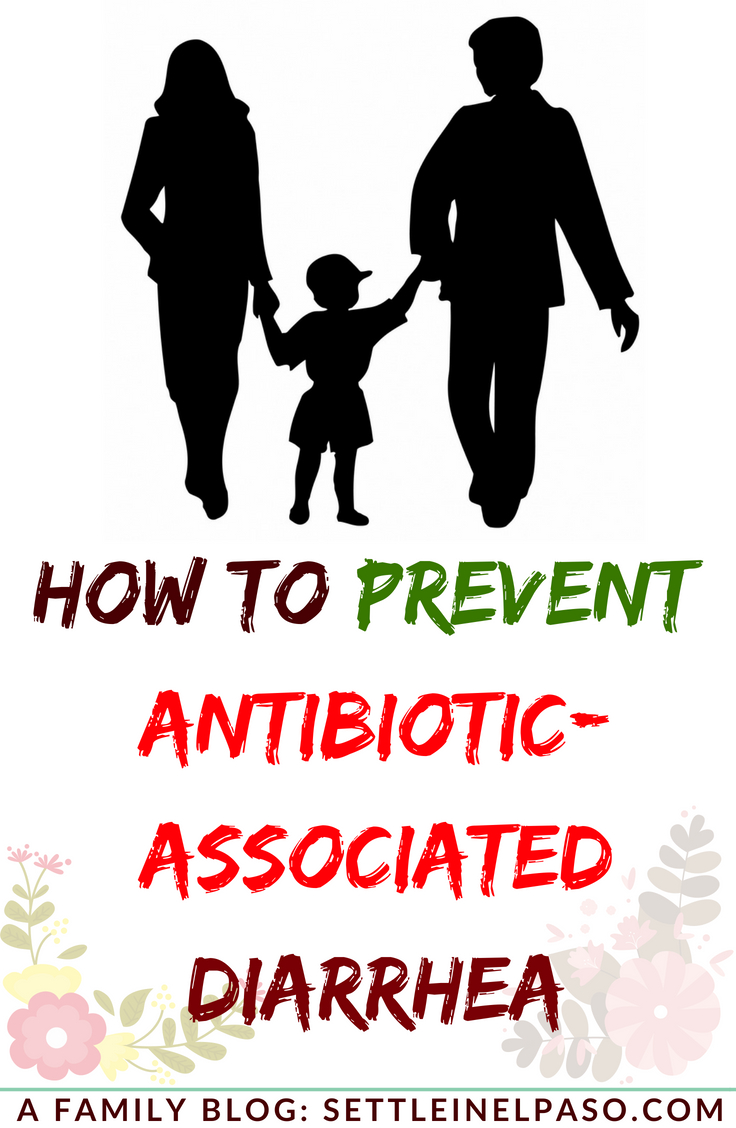
The post contains some Amazon affiliate links. We will receive an incentive if you use the affiliate links in this post to purchase anything with no extra cost from your side.
What is Antibiotic-Associated Diarrhea?
Antibiotic-Associated Diarrhea (AAD) is the diarrhea that may occur during or after the administration of antibiotics. It may appear in children of any age as well as in adults.
What are the symptomps of Antibiotic-Associated Diarrhea?
The symptomps are just the regular symtopmps of diarrhea — loose stool, more than usual frequency of bowel movement, and a low-grade fever — when the child is being administered an antibiotic.
What to do if a child has antibiotic-associated diarrhea
The first thing to do is to contact the pediatrician’s office. This is because we do not know if the antibiotic is causing diarrhea, or there are other reasons.
If you find that a child has diarrhea while administering an antibiotic, please do not stop the medication. After you contact the pediatrician, she or he might change the antibiotic or may suggest a change in diet, or suggest to include probiotics.
Some doctors even add probiotics when she or he prescribes an antibiotic. Prescriptions also depend on the history of reaction to medications of the child. If our child’s pediatrician prescribes an antibiotic, we generally ask her if probiotics are essential because we know that our child reacts to antibiotics and gets diarrhea.
Why antibiotics may cause diarrhea? What is probiotics?
Antibiotics kill bacteria but they do not know whether the bacteria are good or bad. Thus, the good bacteria that help the digestive process are killed as a side effect in treating a bacterial infection. Sometimes, the good bacteria are called probiotics.
How can we confirm consumption of more probiotics during antibiotic administration?
Probiotic drops: Probiotics in the form of drops are common for infants. Some brands of probiotics are Culturelle, BioGaia, and Children’s Probonix. Such brands are not approved or tested by FDA as medications. It is mandatory to ask the doctor before giving probiotics to children.
Probiotic yogurt: As soon as a child can consume dairy products, probiotic yogurt is an option. Stores like Walmart and Target have aisles for baby food, where probiotic-rich smoothies and yogurt are available. Also, dairy product aisles have a rich collection of probiotic yogurt. One brand I can remember off the top of my head is Activia Probiotic Yogurt.
Probiotic supplement: Supplements are mostly for grownups. Some brands are: Probiotic 40 Billion CFU, Probiotic plus Ultimate Prebiotic, and Hyperbiotics PRO-15 Probiotics.
Best practice
Although probiotic foods or supplements are mostly considered safe, some children (as well as grownups) may react differently than the majority. As we have mentioned several times in this post, it is of utmost importance to ask the doctor if taking probiotics is a good idea to tackle diarrhea during antibiotic administration.
Subscribe to receive notifications on our new posts.



Comments
Facebook Comments